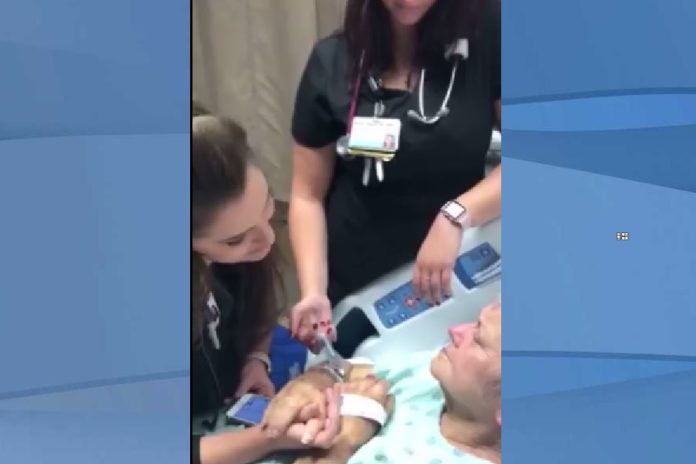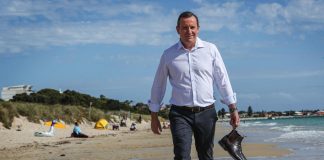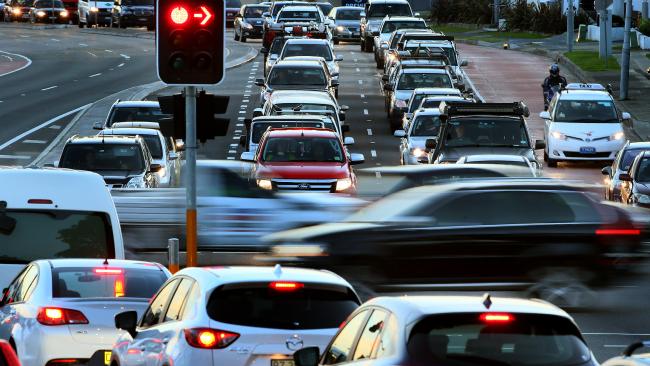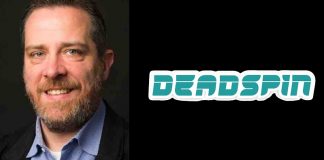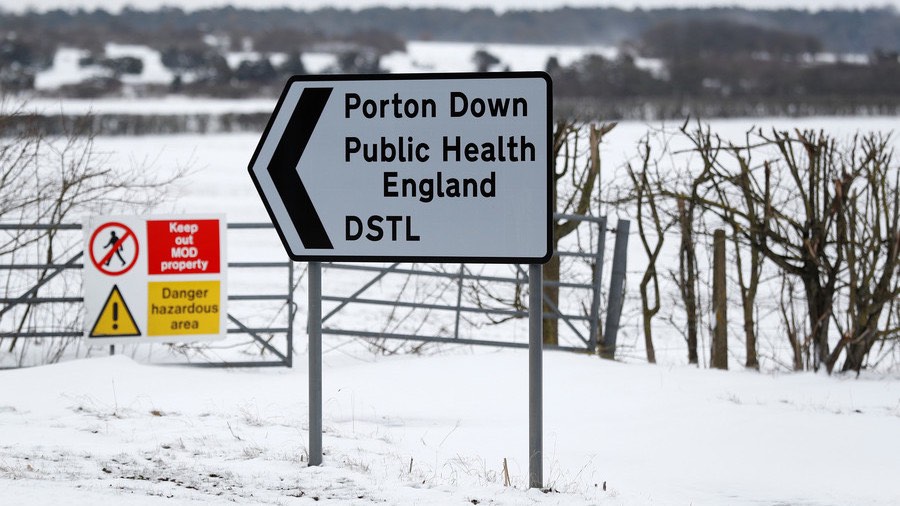
Porton Down experts unable to verify precise source of novichok.
Researchers from Porton Down were unable to identify “the precise source” of the nerve agent used to poison former spy Sergei Skripal and his daughter.
Gary Aitkenhead, the chief executive of the Government’s Defence Science and Technology Laboratory, said the poison had been identified as a military-grade Novichok nerve agent which could probably be deployed only by a nation-state.
But he told Sky News it was not the military research facility’s job to say where the substance was manufactured.
He said working out where the poison came from relies on “other inputs” that the Government has access to.
The Government responded that they still believed Russia was responsible for the “reckless act”, adding that Porton Down is “only one part of the intelligence picture”.
Russia has said it is not responsible for the March 4 attack, with foreign minister Sergey Lavrov even suggesting on Monday that it might have been carried out by the British authorities as a means of distracting voters from its difficulties with Brexit.
Mr Aitkenhead said on Tuesday: “We in terms of our role were able to identify it as Novichok, to identify it was a military-grade nerve agent.
“We have not verified the precise source, but we have provided the scientific information to the Government, who have then used a number of other sources to piece together the conclusions that they have come to.”
He said the facility was responsible for providing “the scientific evidence that identifies what the particular nerve agent is”.
“It’s not our job to say where that actually was manufactured,” he added.
Following the comments, a Government spokesman said: “We have been clear from the very beginning that our world-leading experts at Porton Down identified the substance used in Salisbury as a Novichok, a military grade nerve agent.
“This is only one part of the intelligence picture. As the Prime Minister has set out in a number of statements to the Commons since March 12, this includes our knowledge that within the last decade, Russia has investigated ways of delivering nerve agents probably for assassination – and as part of this programme has produced and stockpiled small quantities of Novichoks; Russia’s record of conducting state-sponsored assassinations; and our assessment that Russia views former intelligence officers as targets.
“It is our assessment that Russia was responsible for this brazen and reckless act and, as the international community agrees, there is no other plausible explanation.”
According to Porton Down’s boss the location of manufacture “can be established through a number of different input sources which the Government has access to”.
Mr Aitkenhead added: “From our perspective, scientific evidence is only one of those sources, and it requires a number of other things to verify that.
“It’s a military grade nerve agent which requires extremely sophisticated methods in order to create – something that’s probably only within the capabilities of a state actor.”
Rejecting Russian claims the substance could have come from Porton Down, Mr Aitkenhead said: “There’s no way that anything like that would ever have come from us or leave the four walls of our facilities.
“We’ve got the highest levels of security and controls.”
He described the nerve agent as “an extremely toxic substance” with no known antidote.
Porton Down was able to advise doctors on the best treatment to mitigate its effects on the Skripals and Wiltshire policeman Nick Bailey, who was affected after coming to their aid, he said.
His comments come a day ahead of an extraordinary meeting in The Hague of the executive council of the Organisation for the Prohibition of Chemical Weapons to discuss the Salisbury attack.
The meeting on April 4 – to be held behind closed doors – was called by Russia to “address the situation around allegations of non-compliance” with the chemical weapons convention made by the UK against Moscow.
Meanwhile, retired Russian Lieutenant-General Evgeny Buzhinsky warned that relations between Russia and the West could become “worse” than the Cold War and “end up in a very, very bad outcome” following the nerve agent attack.
Asked to spell out what this would mean, he told BBC Radio 4’s Today programme: “A real war, worse than a cold war is a real war, it will be the last war in the history of mankind.”
A Downing Street spokesman said: “As the Prime Minister has made clear, the UK would much rather have in Russia a constructive partner ready to play by the rules.
“But this attack in Salisbury was part of a pattern of increasingly aggressive Russian behaviour, as well as a new and dangerous phase in Russian activity within the continent and beyond.
“As the Prime Minister has said, we must face the facts, and the challenge of Russia is one that will endure for years to come.”






